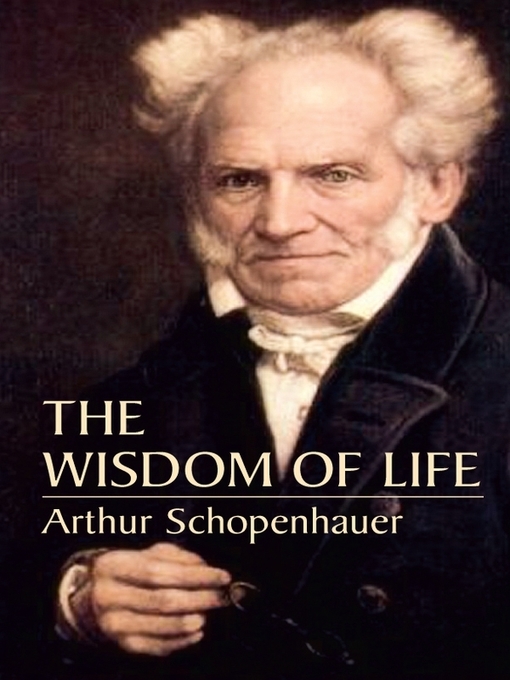A leading German metaphysician of the 19th century, Arthur Schopenhauer (1788–1860) exerted an influence far beyond the hermetic world of philosophy, with adherents ranging from Richard Wagner and Friedrich Nietzsche to Leo Tolstoy and Thomas Mann. Among Schopenhauer's chief contributions to the field of philosophy are his rejection of the idealism of his contemporaries and his embrace of a practical variety of materialism. He jettisons the traditional philosophic jargon for a brisk, compelling style that employs direct terms to express the metaphysics of the will.
In The Wisdom of Life, an essay from Schopenhauer's final work, Parerga und Paralipomena (1851), the philosopher favors individual strength of will and independent, reasoned deliberation over the tendency to act on irrational impulses. He examines the ways in which life can be arranged to derive the highest degree of pleasure and success, presents guidelines to achieving this full and rich manner of living, and advises that even a life well lived must always aspire to grander heights. Abounding in subjects of enduring relevance, Schopenhauer's highly readable work appears here in an excellent translation.
- Available now
- New eBook additions
- New kids additions
- New teen additions
- Most popular
- Try something different
- #BookTok
- Bans off Our Books
- Women's History Month
- 2025 Libby Book Award Winners and Runners Up
- 250th Anniversary of the American Revolution
- National Poetry Month
- Top 100 Books at the Library: Week of 3/26/25
- See all ebooks collections
- Available now
- New audiobook additions
- New kids additions
- New teen additions
- Most popular
- Try something different
- Bans off Our Books
- Women's History Month
- 2025 Libby Book Award Winners and Runners Up
- 250th Anniversary of the American Revolution
- National Poetry Month
- See all audiobooks collections
